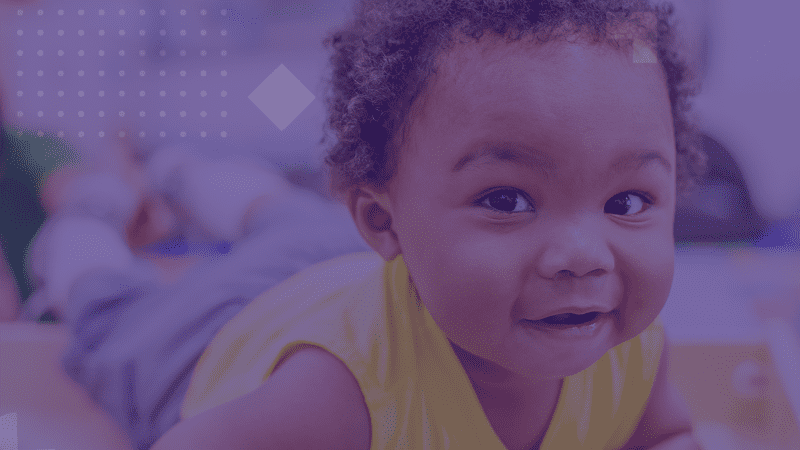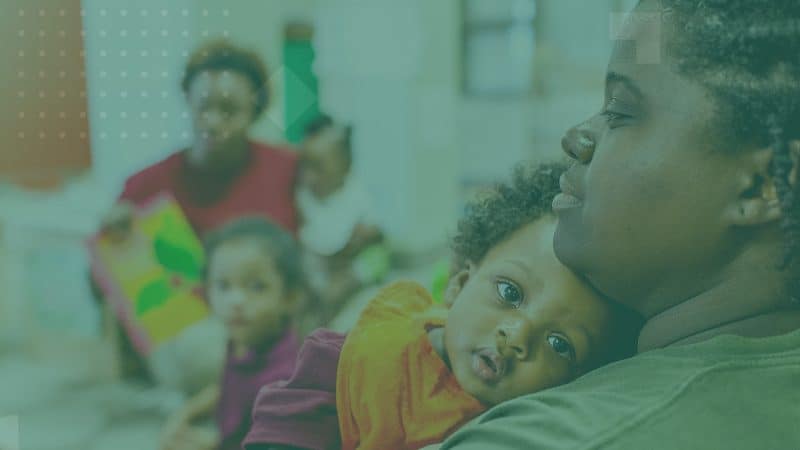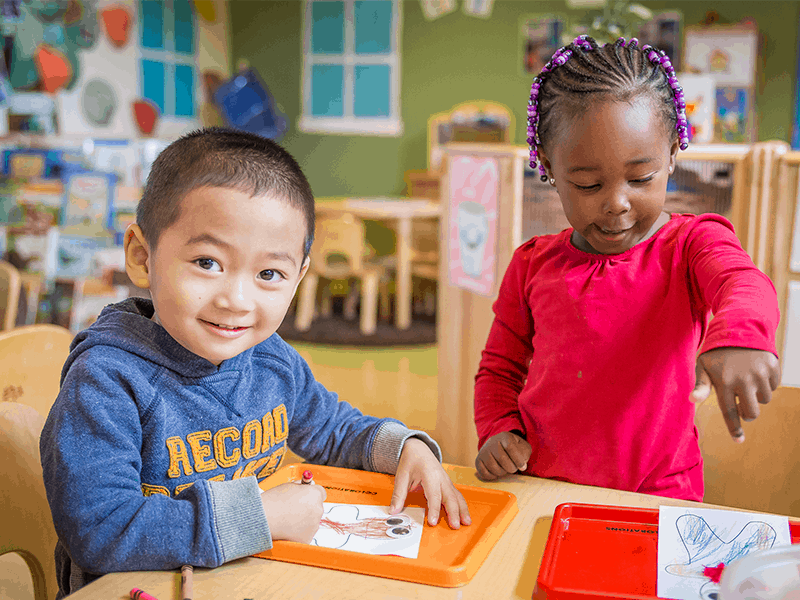At Start Early, we believe that every child deserves the chance to reach their full potential in life. Our mission is to advance quality early learning for families with children, before birth through their earliest years, to close the opportunity gap.
As Washington state continues to grapple with the wide-ranging human and economic impacts of the COVID-19 pandemic, Start Early Washington recognizes there are a number of strategies that could be deployed to respond to the emergent needs of families. The following are the most pressing budget and policy priorities identified by Start Early Washington to support children and families in the state:
-
Leverage the Home Visiting System to Support Families
Throughout the pandemic, home visitors have continued working with and supporting families virtually. Depending on family preference, home visitors are engaging with families either on devices like
laptops or iPads or by telephone. Visits have continued consistently and many home visitors are having more frequent contact with families who are experiencing increased isolation. The home visiting system is well positioned to address the resource connection and social and emotional needs of families. This is a strength of our state’s home visiting models and the system could serve as a vehicle to reach and engage isolated families, particularly those with newborns. -
Reform Family Co-Pay for Working Connections Child Care
Early in the pandemic, the Department of Children, Youth and Families waived the family co-pay due to uncertainty around participation in care and also to ease the financial burden on working families. That copay went back into effect on July 1st and the co-payment levels are temporarily capped, with $115 as the maximum co-payment level. The issue of the family co-pay, particularly the cliff that families hit the closer they get to the income thresholds, was identified as problematic long before the pandemic. Long-term copayment reform would provide relief for working families and address the cliff that has long been a barrier.
-
Maintain Working Connections Child Care Rate Increase
Beginning July 1st, the Working Connections Child Care rate was increased to the 65th percentile of market rate. This increase is funded with CARES funding for State Fiscal Year 21. Ongoing funding is needed to preserve this rate increase. Similar to the family co-pay, the reimbursement rate for Working Connections Child Care has long been problematic. Maintaining this rate increase helps families have greater access while also reimbursing providers closer to the true cost of quality.
-
Preserve Funding for Health and Human Services
COVID has resulted in far-ranging health and economic impacts for Washingtonians. Our state’s recovery is tied to the availability of systems and services. As such, Start Early supports passage of a fully-funded state budget with adequate revenue to address racial inequity and to fund early learning, child welfare, health and other prevention programs, including home visiting.

 Diana says Patricia has been her main support over the past year. In the months leading up to her birth, they would talk about prenatal care, fetal development and how Diana could best advocate for herself and her child. When Illinois’ stay-at-home order was implemented in March, Patricia continued to support Diana through video chats, phone calls and text messages.
Diana says Patricia has been her main support over the past year. In the months leading up to her birth, they would talk about prenatal care, fetal development and how Diana could best advocate for herself and her child. When Illinois’ stay-at-home order was implemented in March, Patricia continued to support Diana through video chats, phone calls and text messages. To Diana, early learning and care is important because there isn’t a parenting manual and like every parent, she wants what is best for her son. She knows the resources and supports she’s received from her doula and home visitors are laying the foundation for her son’s future success.
To Diana, early learning and care is important because there isn’t a parenting manual and like every parent, she wants what is best for her son. She knows the resources and supports she’s received from her doula and home visitors are laying the foundation for her son’s future success.


